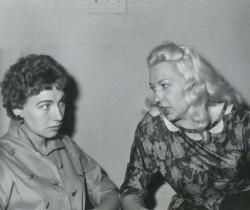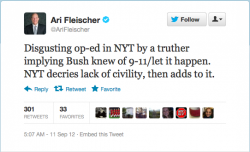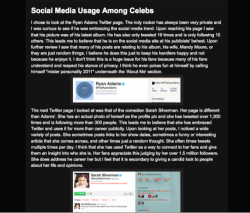
One of my primary aims in a rhetoric classroom is to equip students with the skills to thoughtfully respond to the world around them. What that means, as fellow instructors know well, is that sometimes it is appropriate to discuss rhetorical arguments that make the audience uncomfortable—a discomfort that could potentially halt or hinder discussion in the classroom. Moreover, given that every person in a classroom brings with them a distinct set of past experiences, influences, and perspectives, certain arguments and texts can affect some students more personally than others.











